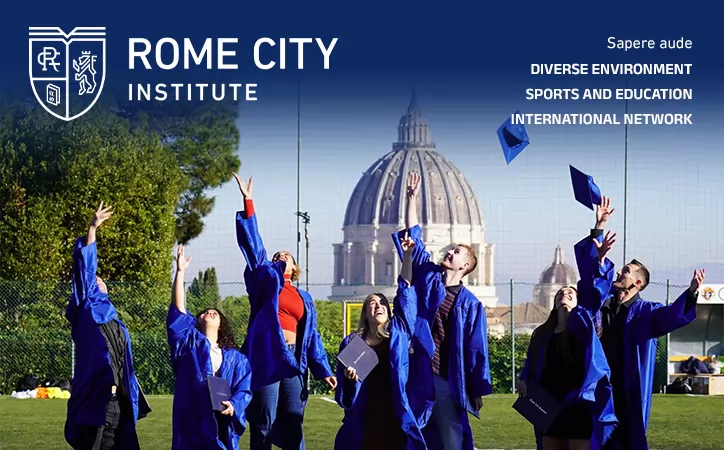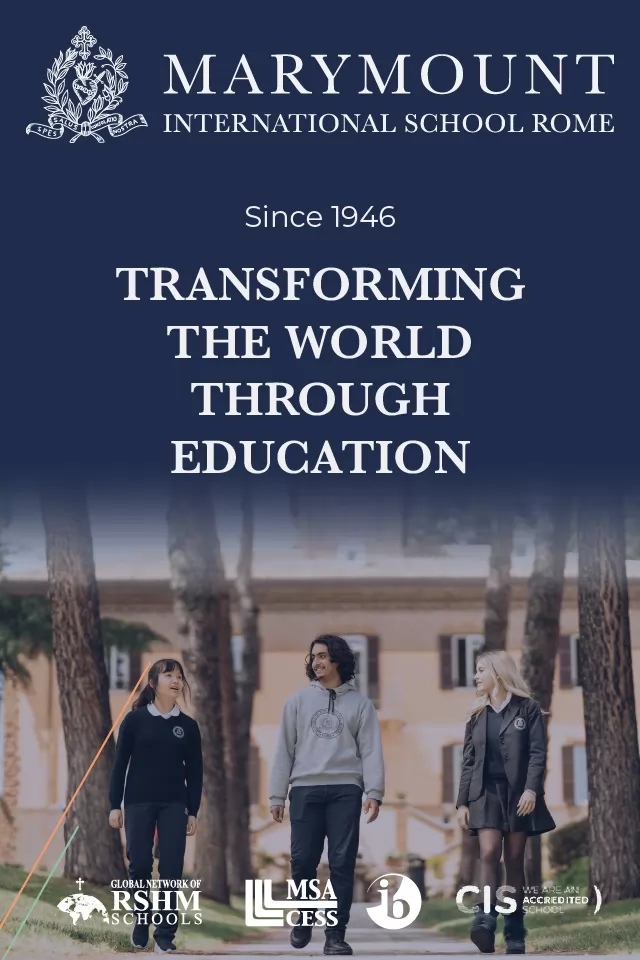Water rationing in Rome could pose public health risk.
Italian health minister Beatrice Lorenzin has warned that the prospect of water rationing in drought-hit Rome could pose a public health risk, as the capital's water emergency becomes an increasingly political issue.
Lorenzin, of the centre-right Alternativa Popolare (AP), said that a suspension of Rome's water supply could "seriously compromise the level of hygiene" in hotels, restaurants and public offices as well as affecting the provision of essential health services.
Lorenzin also said that her ministry had not been informed of the Lazio Region's order to stop water being pumped into Rome from Lake Bracciano, an important source of potable water for the capital.
The order, which takes effect from 28 July, was given by the president of the Lazio Region, Nicola Zingaretti of the centre-left Partito Democratico (PD), to avert an “environmental catastrophe” due to the lake's rapidly decreasing water levels.
Zingaretti's order appeared to catch Rome's water management company ACEA by surprise, forcing it to consider the prospect of turning off the water supply for eight hours a day in rotating districts of the capital, a move that could reportedly affect 1.5 million residents.
The crisis has led to a battle between the administrations of Zingaretti and Rome mayor Virginia Raggi, of the anti-establishment Movimento 5 Stelle (M5S), who through the city is major shareholder in ACEA.
Talks between both sides have so far failed to find a solution to avert water rationing in Rome which loses an estimated 40 per cent of its public water supply through leaky pipes.


















